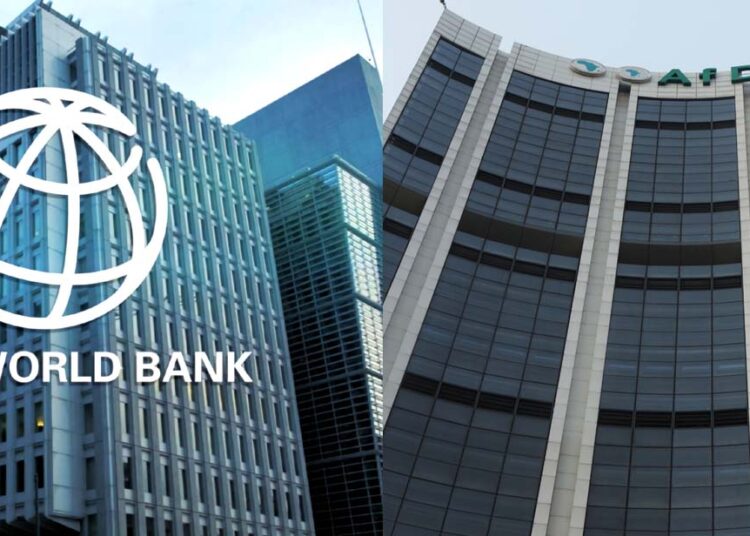Leaders from The World Bank, International Diabetes Federation, Pathfinder International, Policy Innovation Center, Society for Family Health and the South African Medical Research Council have confirmed their attendance at the Gatefield Health Summit 2025 to address Africa’s growing health crisis.
The Gatefield health summit which is to take place at Nile University, Abuja between Wednesday and Thursday next (October 22–23) will bring together global and regional leaders to define a new agenda for resilient health futures in Africa.
Advocacy Lead at Gatefield, Shirley Ewang who disclosed this in a statement issued in Abuja, said from food and funding to women’s health and medicines, the agenda of the summit recognised the shared truth that “health systems must be built to endure.”
Gatefield observed that across Africa, health systems are under unprecedented pressure as from West to Southern Africa, rising chronic diseases, drug-resistant infections and underfunded mental and women’s health services threaten millions of lives.
“Fewer than 8% of people across the region have health insurance, even as the burden of chronic diseases rises faster here than anywhere else in the world.
Nearly one in four African lives is cut short by non-communicable diseases (NCDs) such as heart disease, cancer, and diabetes. Drug-resistant infections now kill more Africans than HIV/AIDS or malaria, signaling a new era of global health insecurity.
“If unchecked, antimicrobial resistance could claim 10 million lives annually by 2050, surpassing cancer as the world’s leading cause of death. Behind these numbers lies a deeper crisis of access, equity, and investment. Africa carries 25% of the world’s disease burden but receives only 3% of global health spending,” the organisation noted.
It added that each year, 150 million Africans face catastrophic health expenses that push families into poverty, underscoring the fragility of financing systems while women’s health and mental health remain critically under-resourced.
“Across the continent, warning signs are clear: one in three adults has high blood pressure, one in three people can obtain antibiotics without a prescription, and when antibiotics fail, even simple infections can turn deadly. The erosion of basic health protections threatens to reverse decades of progress in life expectancy, economic growth, and stability.
“But the path forward is also clear. Health resilience begins with systems that anticipate shocks–whether pandemics, drug resistance, or financial strain–and protect the most vulnerable.It demands stronger domestic financing, data-driven governance, and innovation in community- and at-home care,” Public Health Lead at Gatefield, Omei Bongos said.





